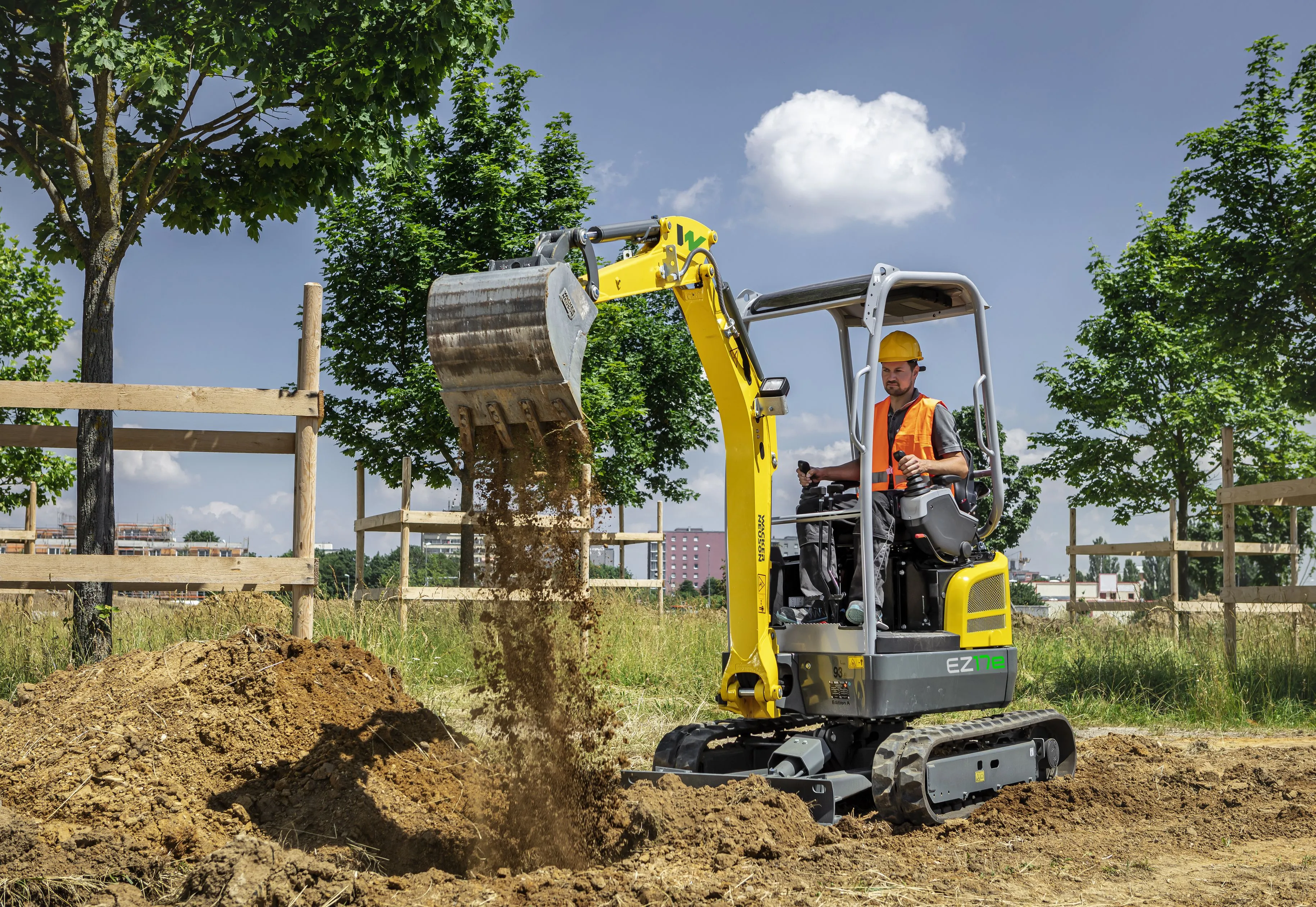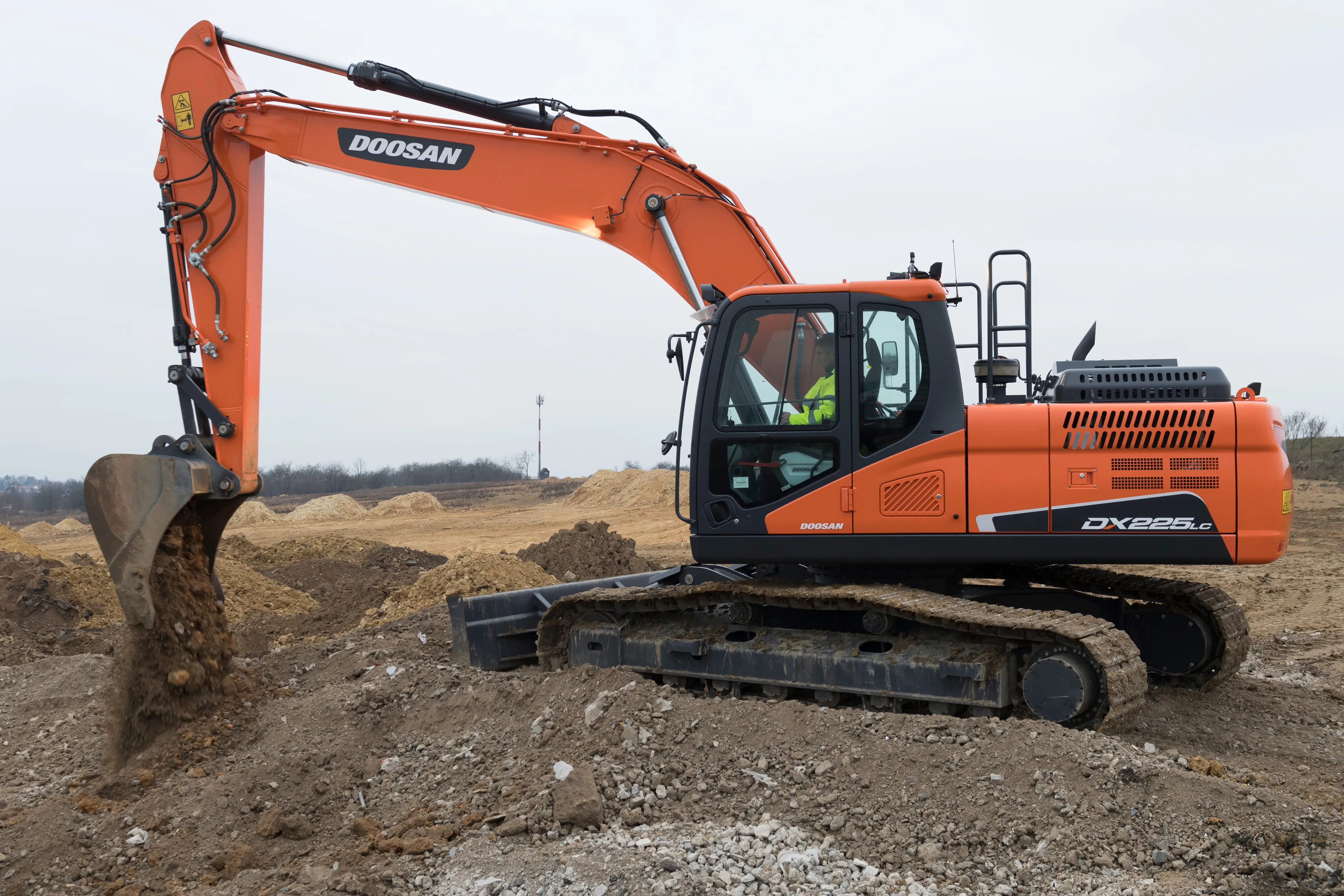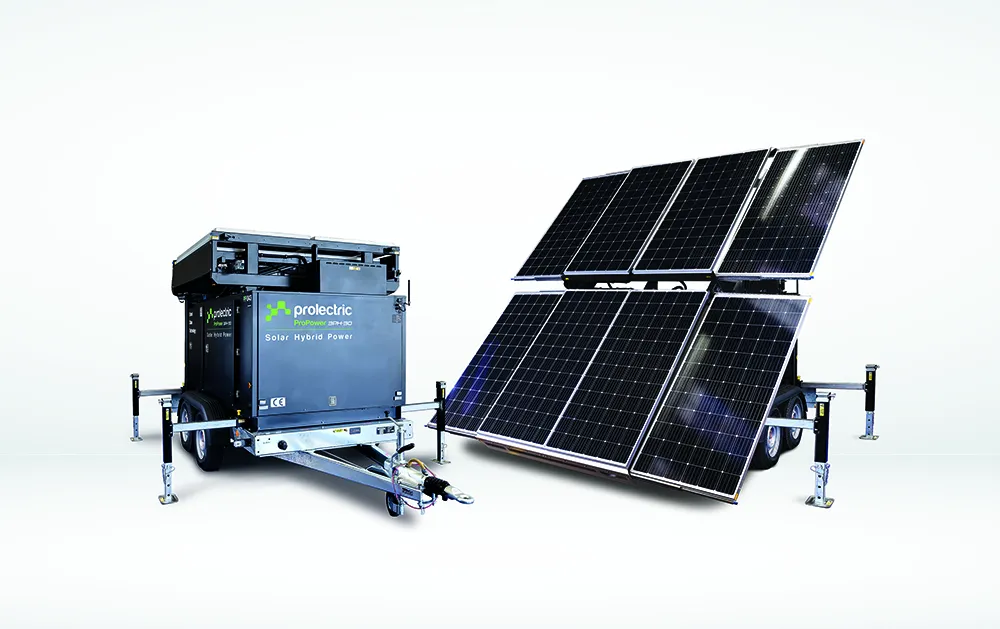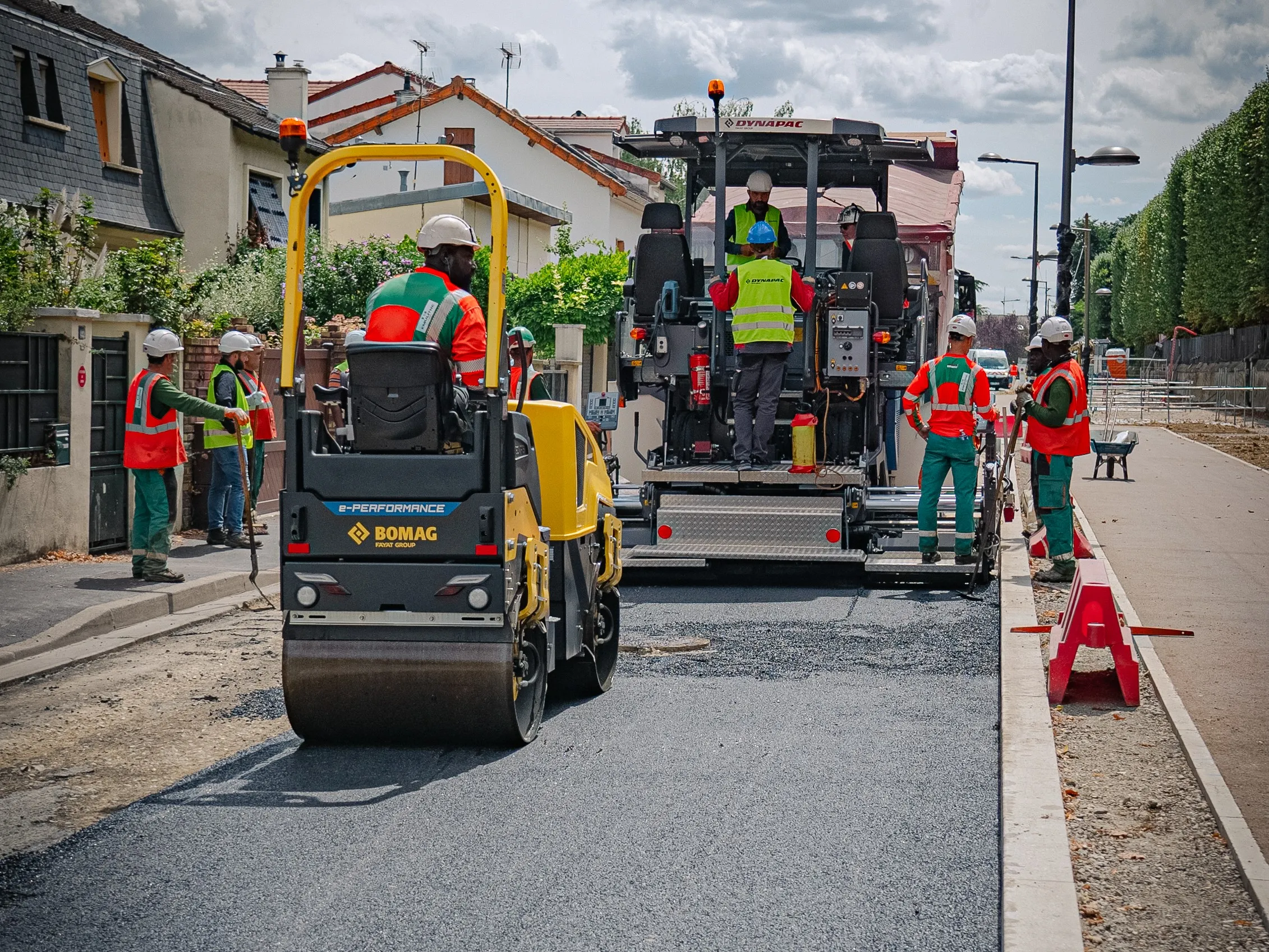Good things in small packages, like Wacker Neuson's EZ17e excavator.
By David Arminas
February 10, 2020
Read time: 1 min

Picking up the SaMoTer Awards category for Mini Hydraulic Excavators was Wacker Neuson for its fully electric, lithium-ion battery-powered EZ17e.
The zero-tail machine can run entirely on battery but can be connected to the mains – and even charged while in operation – making it ideal for tunnel construction, demolition and redevelopment work.
All hydraulic functions are as powerful as those of the conventional model. The battery is integrated in the existing engine compartment. The EZ17e weighs almost the same as the diesel version, meaning it can be transported on a trailer.








